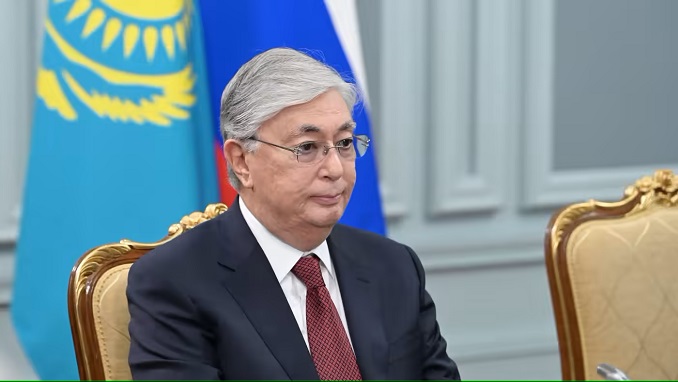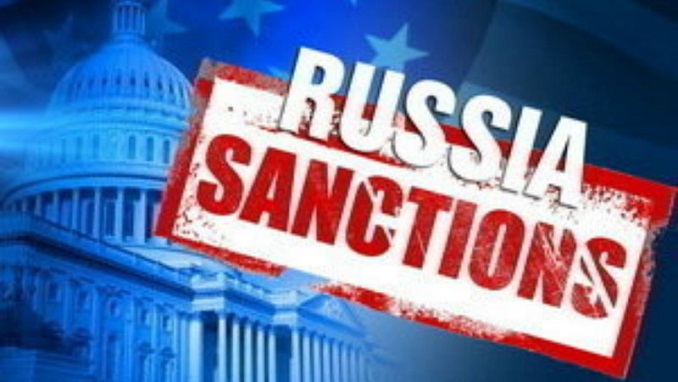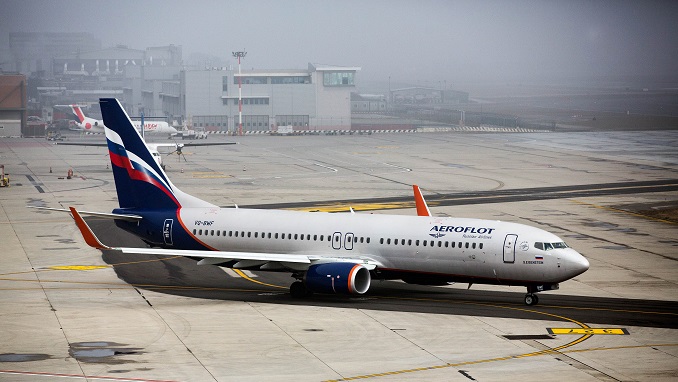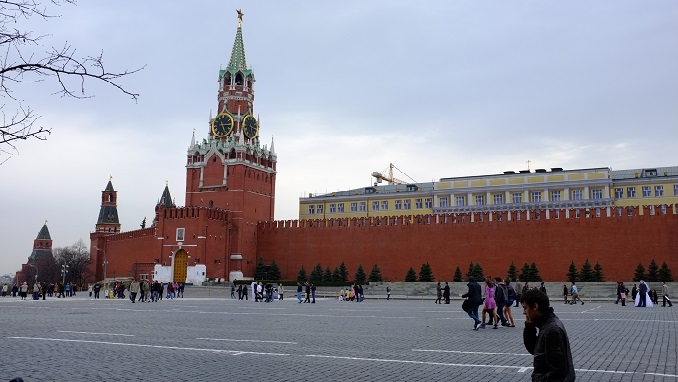Following reports that Russian companies have been using local intermediaries in Kazakhstan to evade Western sanctions, Kazakhstan’s government announced on Monday that its exporters would now be required to file additional documents when sending goods to Russia.
In an attempt to avoid punishment for aiding Russia in bypassing Western sanctions, Kazakhstan will now track all goods entering and leaving the country by launching an online system that is due to come into effect on April 1.
The State Revenue Committee of Kazakhstan believes that the implemented system will enable to automate the process of overseeing the movement of goods across the Kazakh border.
Since December 2020, the accompanying bills of lading of goods were implemented only on a voluntary basis in a pilot procedure, but in order to reduce shadow circulation and exclude value-added tax (VAT) losses, Astana imposed the mandatory formulation of accompanying bills of lading in mutual trade with other Eurasian Economic Union (EEU) countries.
The product traceability system is designed electronically to rule out the possibility of the formulation of documents for fake recipients and senders of goods, bankruptcies, liquidation of persons, etc.
With Russia being Kazakhstan’s main trading partner, Astana has found itself facing a complex challenge after the West barred sales of thousands of goods to Moscow over its invasion and war in Ukraine, prompting Russia to look to its Caucasus and Central Asia neighbors – many of which abruptly changed their trading habits following Russia’s invasion- as a backdoor.
On one side, it wants to continue cultivating friendly relations with the EU and the United States and has pledged to uphold the sanctions imposed by the West, but, at the same time, the government in Astana has repeatedly and very clearly stated that Kazakhstan does not apply any sanctions and restrictions in trade with Russia.
However, some Kazakh businesses started purchasing banned items and reselling them to Russian firms, increasing Kazakh exports to Russia by a quarter last year. On top of that, a fresh wave of requests from Russians seeking goods they cannot purchase directly was prompted by Turkey’s move to crack down on Russian parallel imports.
The new system appears to be Astana’s most concerted effort to show it will not allow the circumvention of Western sanctions in compliance with Western attempts to isolate Russia’s economy.
There are several obstacles for Astana to comply with Western restrictions, such as the geography and Kazakhstan’s current trading regime as a member of the five-nation Eurasian Economic Union (EAEU) – along with Russia- which means there are no customs checks on goods crossing the border between the two countries.
EBRD chief economist Beata Javorcik pointed out that recent research from the European Bank for Reconstruction and Development (EBRD) provides evidence of Russia using neighboring economies to circumvent the sanctions via intermediated trade.
Citing information collected by the Geneva-based Trade Data Monitor, Bloomberg reported earlier this month of indications that some sanctioned goods – particularly high-tech consumer goods like advanced semiconductors – are being diverted to Russia via third countries such as Kazakhstan.
Data shows that Kazakhstan’s export of advanced semiconductors to Russia skyrocketed to $3.7 million in 2022 from the paltry $12,000 worth of export in the calendar year before the war in Ukraine began.



